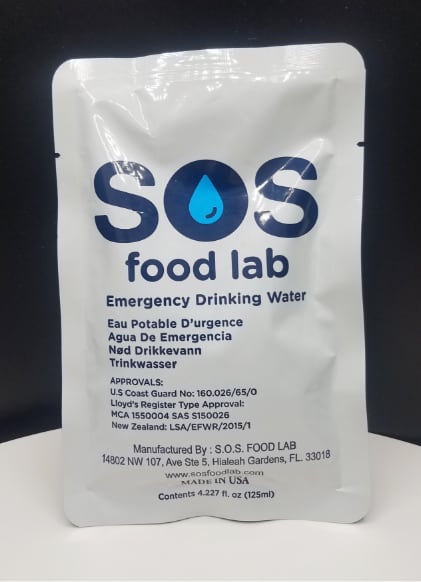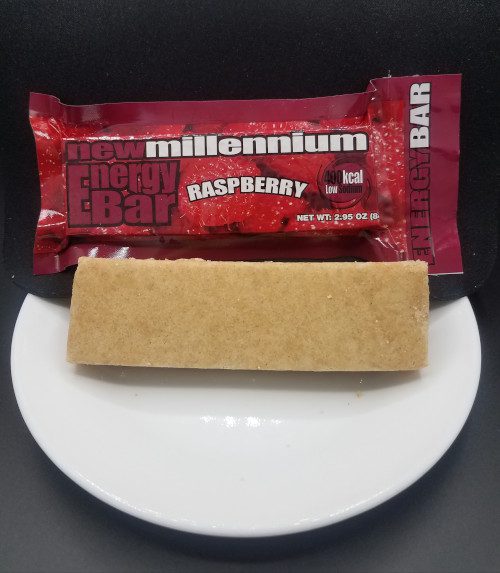Your phone sounds the alarm of an emergency alert. A disaster is imminent, and it came with little warning. What’s your next move?
In order to stay calm in an unexpected situation, the best proactive measure is to plan ahead. FEMA’s Ready Campaign encourages Americans to conduct disaster drills with their family at least twice a year. Additionally, they recommend packing an emergency bag with essentials. This bag can be brought to an evacuation location or to a windowless, lower-level part of your home to hunker down.
When making an emergency bag, it’s important to remember these critical supplies:
Water
Ready.gov recommends having one gallon of water on hand per family member per day. Nursing mothers and children may need more water, so if your family includes children and babies, plan accordingly. Similarly, have water on hand for formula-fed babies, as well as extra packages of formula. If you feel space is an issue, you may want to try out SOS Food Lab’s portable water pouches.

Food
The Red Cross recommends a three-day supply of food in the event of an evacuation and a two-week supply in the home. High protein items like protein bars, peanut butter, and non-perishable pasteurized milk are all good things to have on hand. If you choose to keep canned foods, be sure to include a can opener in your kit. Dry items like cereal and dried fruits are also shelf-stable. Periodically check expiration dates on all food items. To get your food to last as long as possible, consider purchasing our emergency and surival food rations that last up to five years.

First Aid Kit
The Red Cross recommends putting together a very extensive first aid kit, including gauze, antiseptic wipes, antibiotic ointment, aspirin, a thermometer, tweezers, and various other compresses and dressings. It’s also important to remember prescriptions in a disaster, and a first aid kit is a great place to store them.

Hygiene Items
Even in a disaster, hygiene is important. Keep extra toothbrushes, toothpaste, travel soap, and shampoo in your kit. Have pads and tampons on hand. Toilet paper is another item important for an emergency. Keep a couple of sealed rolls in your bag.

Electronics
Battery-powered or crank-powered radios can help keep you informed in an emergency. Don’t forget to store extra batteries, too. Keep an extra cell phone charger as well as a charged external battery pack.
Personal Documents
In the event that you need medical care, it’s a good idea to have copies of health insurance cards, copies of birth certificates, and any important health information. Additionally, copies of deeds, leases, and renters/homeowners insurance policies can help in the event of an emergency that damages or destroys property. Check out our article on How to Create an Emergency Binder.
Although no one wants to bet on an emergency, it’s better to be prepared when disaster strikes. We offer survival foods that last up to five years, and they’re easy to keep in your disaster bag. Consider planning ahead for your family today.
